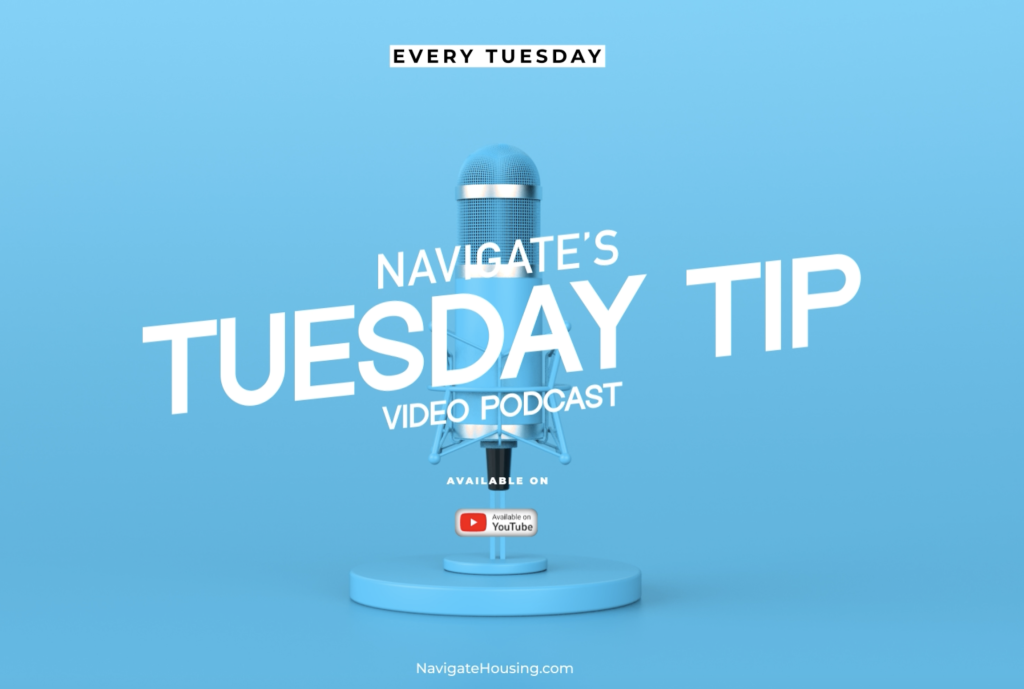In 2020, HUD issued new guidance on electronic signatures for multifamily housing programs. The HUD guidance on electronic signatures makes it easier to manage documents digitally while ensuring legal and security standards are maintained.
Here are the key takeaways from this week’s #TuesdayTip:

- Most programs allow electronic signatures – HUD multifamily programs widely accept them, improving efficiency.
- Some documents still require wet signatures – State and local laws may override HUD’s guidance in certain cases.
- Electronic signatures can take many forms – Text, biometric, or audible formats are all permitted.
- Clear intent and association are required – Signers must show intent, and the link between signature and document must be undeniable.
- Security is non-negotiable – Protect personally identifiable information (PII) with strong safeguards.
- Multi-factor authentication enhances trust – Extra security measures help verify authenticity.
- Consent is important – Always use consent forms for electronic delivery of documents.
HUD’s guidance on electronic signatures is a valuable step forward for multifamily housing professionals, offering flexibility while reinforcing the need for strong security and compliance practices.






